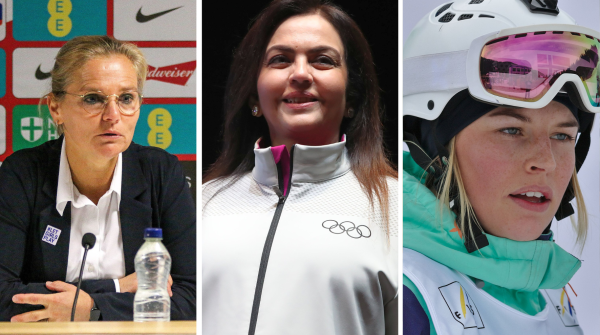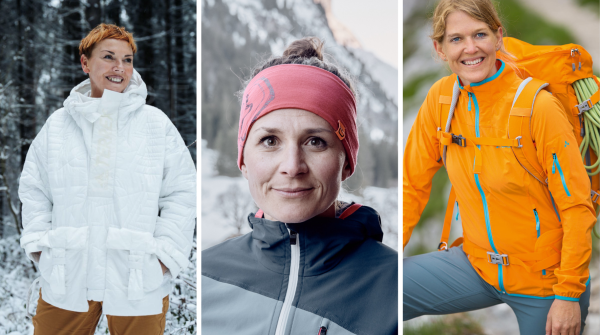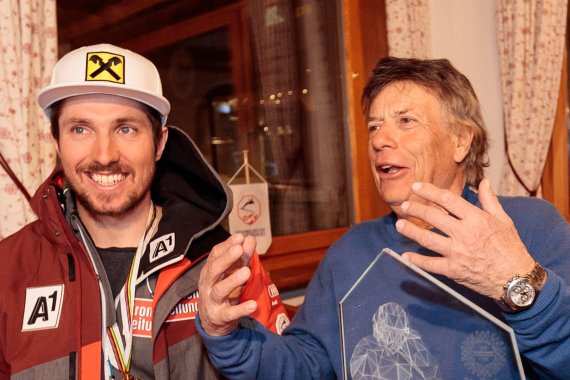
Peter Schröcksnadel (76) is not only President of the Austrian Ski Association (ÖSV), but also managing director of four subsidiaries of the ÖSV as well as of Vereinigten Bergbahnen GmbH, is also an entrepreneur.
At The Winter Sports Summit in Kitzbühel he spoke of the Olympics in Asia, the development of skiing in Europe and his proposal to organize slalom and giant slalom races on Tuesday and Wednesday evenings in the future.
ISPO.com: Mr. Schröcksnadel, the Olympic Winter Games are in Korea and then in Beijing in four years time – as an Austrian, does this not break your heart a little bit?
Peter Schröcksnadel: Munich was against it, Tyrol was against it – we have to ask ourselves, why? We’re all satisfied, we have it good. No one is keen for more tourism. Thirty or forty years ago we were all delighted when it earned us some money. Now, everyone just wants their peace and quiet. Add to that all the scandals surrounding the Olympics – people think the money isn’t going to the right places. The trust is gone. The Olympics have lost the splendor of the past, they’re no longer unique and have become far too large-scale.
What should be done?
The people’s trust has to be won back. In Innsbruck people think, “We don’t need any new sports, we have everything already.” But we really don’t have everything. For example, we would’ve had to have gone to Inzell for speed skating. The question is – what does the sport gain from the Olympic Games coming to Tyrol? There are no new sports facilities, nothing extra is being invested in sports – so why are we doing it? Just for tourism?
How does the cynicism go? ‘The Olympic Games are great – if only there weren’t the sports.’ Sports need to be much more at the forefront. Athletes need to be able to earn a suitable amount. Why can’t the winner be given prize money? The athletes need to be the focus again. They should lead the Olympic Games , not the officials.

Do the Winter Olympics work as a business model in Asia?
Asia is, of course, a huge market. I was recently in China, where they want to “create” 300 million skiers for the next Games – but there isn’t enough space for so many people, so the market is completely flooded. On the other hand, it’s constantly said that skiing in Europe is losing pace – which is not true at all. There’s still two to three percent growth.
If you look at this winter, when there was so much snow so early on that it took two or three hours to drive to the Zillertal, the Stubaital or the Ötztal, then it’s clear how important skiing still is for people: very.
So nothing has changed in recent years?
The type of winter sports has changed: Snowboarding is losing popularity again, alpine skiing is gaining it, and ski touring has arrived on the scene. I believe all of these sports are good. In principle, anything to do with winter, nature, and sports is good for us all.
The stars of the Winter Olympics 2018 in pictures
Back to Asia: How excited should Europeans get about this legendary market?
Well, at the moment they’re too busy with themselves. The organizers want the Olympic Games to be very successful – for Korea this probably won’t be anything huge, but in China it could be massive. But there are also other markets: South America, New Zealand, Australia – there’s skiing in all four corners of the globe. It’s always said that football is worldwide, but skiing is really not much less global. There are almost as many ski associations in Europe as football associations.
Does that mean we don’t need to worry about the future of skiing?
I have no objections. Skiing is such an amazing sport. It gives people the chance to be active in the cold, foggy winter by going to the mountains. I don’t think it’ll be going anywhere anytime soon.
The changes made to the racing calendar have been a topic of discussion for a long time: Slalom and giant slalom now only in the evening, for example on Tuesdays and Wednesdays, and speed races on the weekend. Do you think that will work?
The idea isn’t new. Races in America are already broadcast in the evening, and then there are the night events, like the slalom in Schladming. I’ve always thought that “speed” and “technical” disciplines could be split up to balance everything out. That could work, but the German market has always been a big problem.
In what way?
German TV isn’t playing ball. It’s not such a big problem for any other nation. Before, soccer was also only played during the day and now it’s played in the evening. If you really want to make something work, you can. The counter argument to that is this: ‘In the evening you can’t see the beautiful winter scenery’ – but you can use a green screen, that’s not a problem!
With forty to fifty thousand spectators, the night slalom in Schladming is one of the most popular races in the world. First we wanted to do that in Saalbach, but people said, ‘We don’t need the lantern race.’ This can be developed, and I think that Tuesday or Wednesday would be good days for it. And if the Germans don’t agree, we could do it in the early evening: 6 pm.
What would the added value be?
Quite simply: There are increasingly more spectators, both on-site and watching TV, in the evening than during the day. This also applies to Germany – when the Germans drive well and aren’t in the hospital. Skiing needs heroes, national heroes – and that’s what the Germans have. They’ve had them with ski jumping and now again. And if we’re successful enough in the FIS, we’ll try it with the evening races and see what happens.
Soccer is the key word: Tuesday and Wednesday are the traditional Champions League days...
There’s only an overlap at the end of the season. The Champions League isn’t shown until 8:45 pm – so skiing can just be shown beforehand. On the weekend, winter sports take place throughout the whole day as well. I also think that the TV stations that aren’t cooperating will have problems in the future.
What do we have on TV then? Series, the news, and live events. And the live event is definitely the most important one that can be broadcast on television. If you secure the rights, you also have the quotas.
But how does such a fragmented racing calendar affect the athletes?
It’s not fragmented, it’s constant. It’s always good for the athletes when the quotas are high. The athletes can make a lot of money when the Games have a large following.
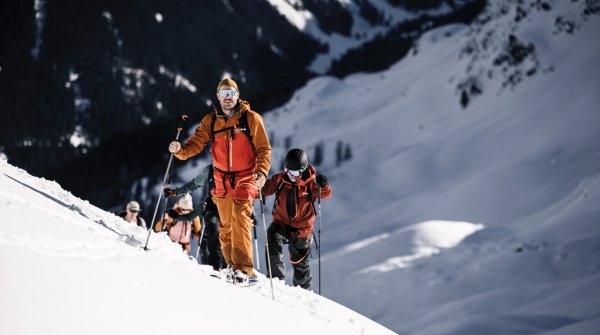 Sports BusinessBetween powder and principles: Ski tours with added value
Sports BusinessBetween powder and principles: Ski tours with added value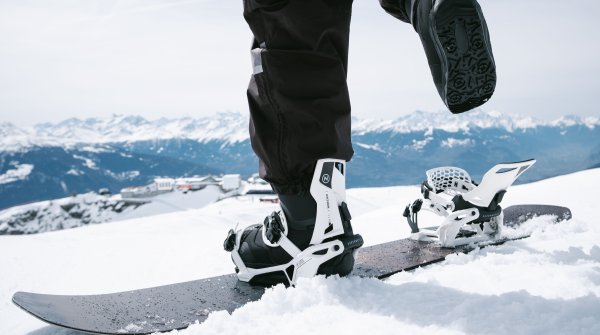 SportsTechStatus quo: Snowboard step-in bindings
SportsTechStatus quo: Snowboard step-in bindings
- Awards
- Mountain sports
- Bike
- Fitness
- Health
- ISPO Munich
- Running
- Brands
- Sustainability
- Olympia
- OutDoor
- Promotion
- Sports Business
- Textrends
- Triathlon
- Water sports
- Winter sports
- eSports
- SportsTech
- OutDoor by ISPO
- Heroes
- Transformation
- Sport Fashion
- Urban Culture
- Challenges of a CEO
- Trade fairs
- Sports
- Find the Balance
- Product reviews
- Newsletter Exclusive Area
- Magazine























